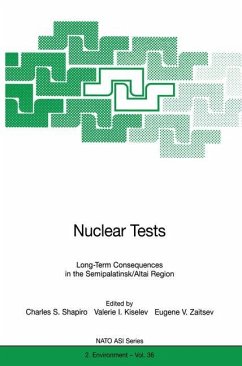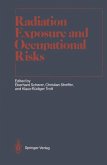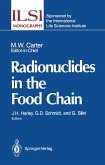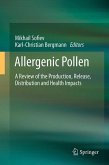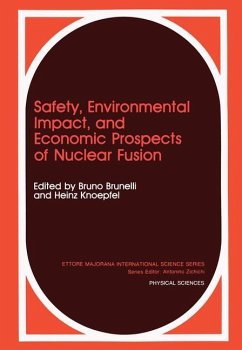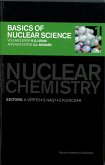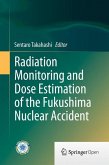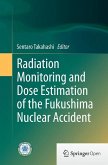This volume focuses on the human exposures and medical effects studies in the SemipaiatinskJ Altai region of Siberia that were a consequence of the radioactive fallout from nuclear test explosions that took place at the Semipalatinsk Test Site of the former Soviet Union. It contains a detailed account of a NATO Advanced Research Workshop (ARW) devoted to the subject, and a selection of the papers presented. The title of the ARW was "Long-term Consequences of Nuclear Tests for the Environment and Population Health (SemipaiatinskJAltai Case Studies)". The estimated exposures to large numbers of people in the Altai lie in an important dose rate and dose domain. Hence the research reported herein provides new and unique information on the effects of radiation on humans. Also emphasized at the ARW were studies involving fallout from the Pacific Island tests of the U. S. A . . There have been over 2300 nuclear weapon test explosions to date. More than 500 took place in the atmosphere and outer space; the remainder were underground. The atmospheric tests comprise the largest source of anthropogenic radioactivity released into the earth's atmosphere to date. The vast majority, in number and yield, were carried out by the former Soviet Union (FSU) and the United States. Each superpower maintained two primary test sites, one continental primarily for small yield tests, and the other more remote for larger yield tests. For the U. S. A.
Bitte wählen Sie Ihr Anliegen aus.
Rechnungen
Retourenschein anfordern
Bestellstatus
Storno

